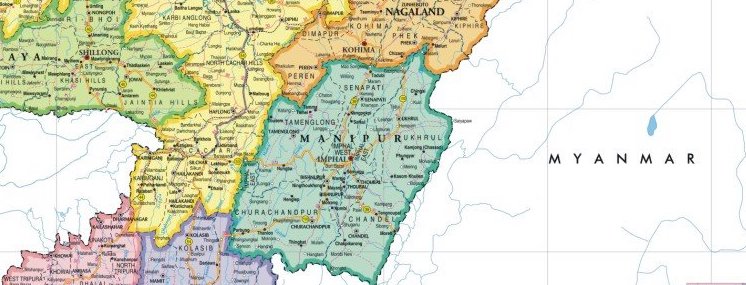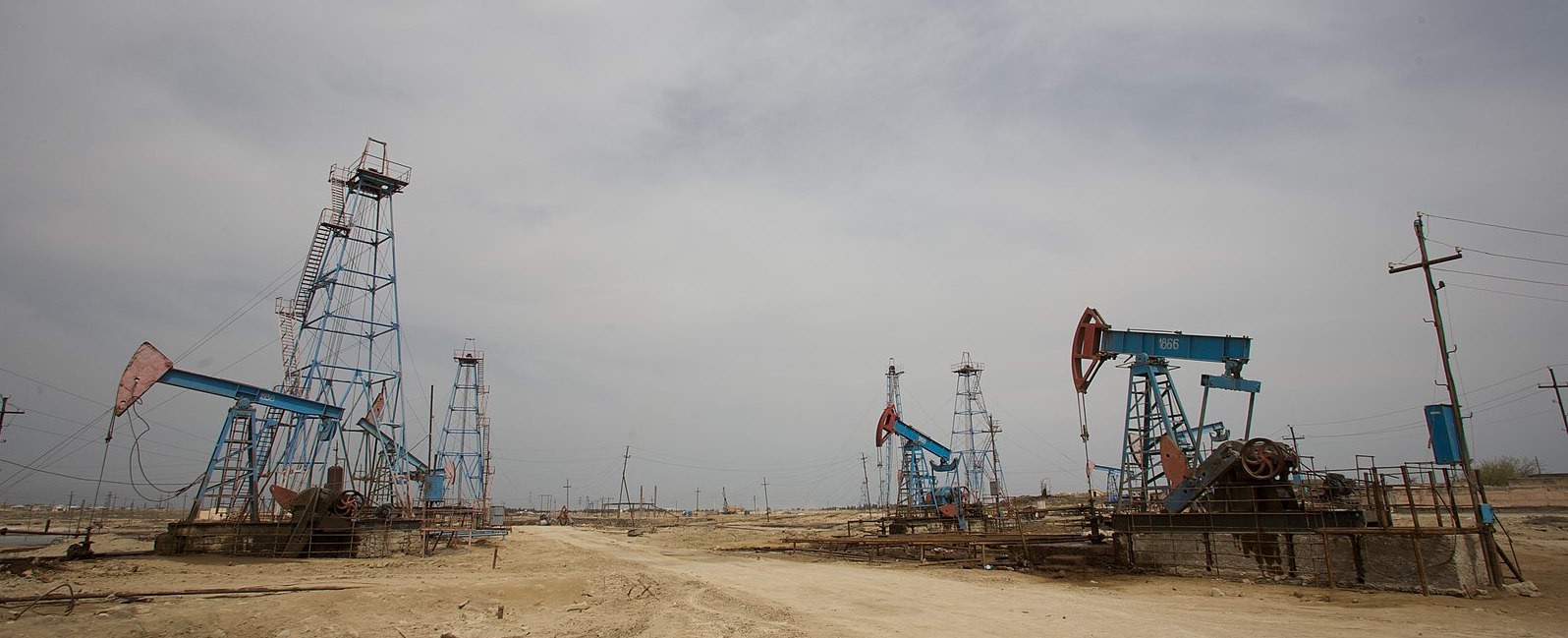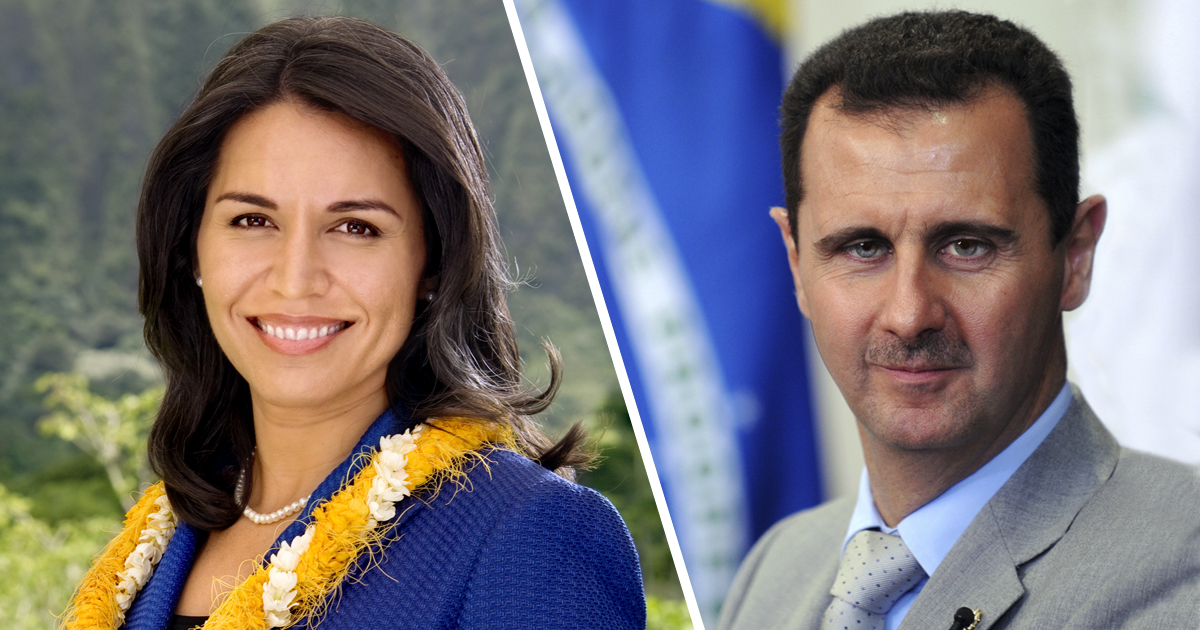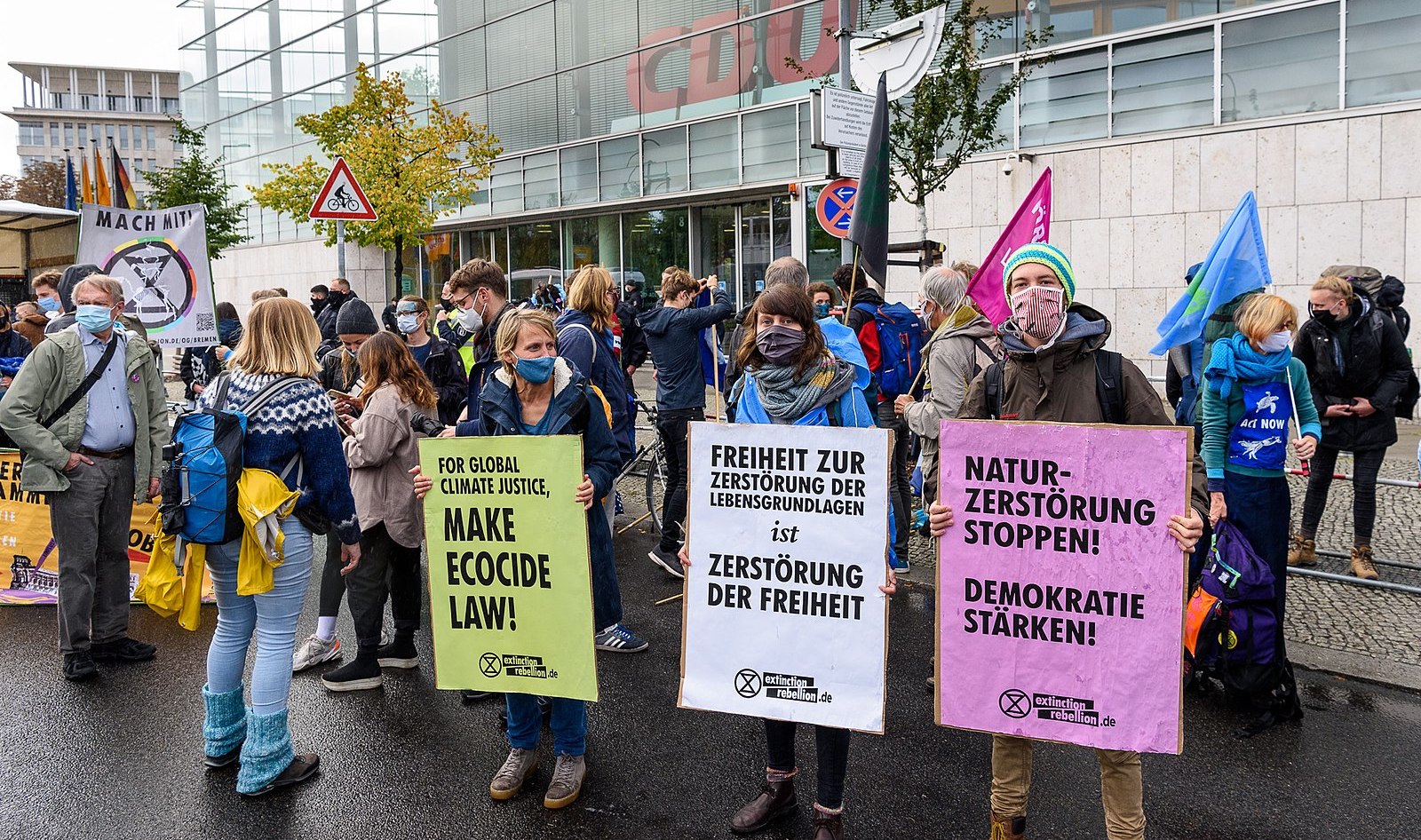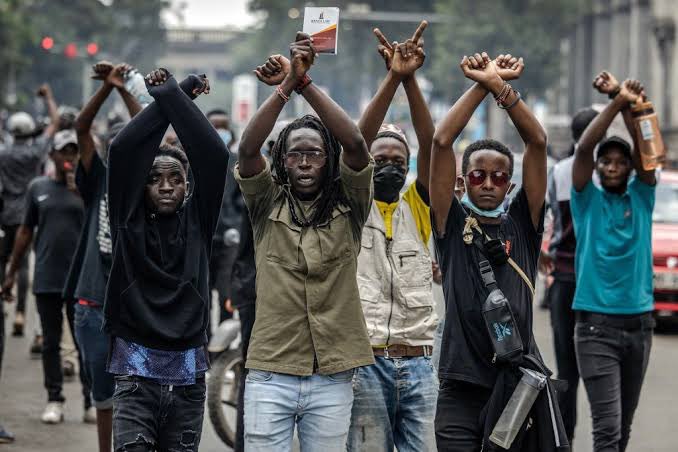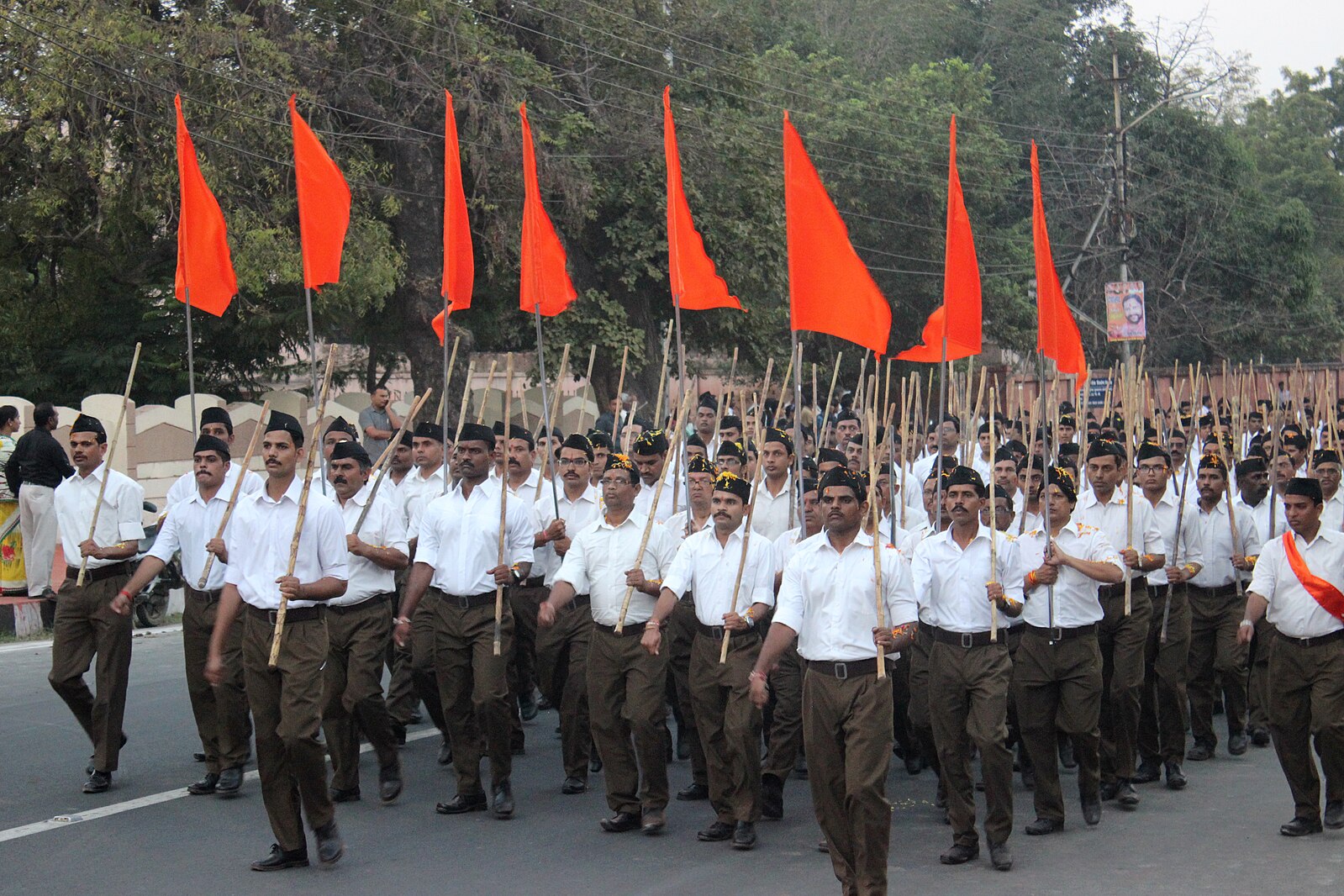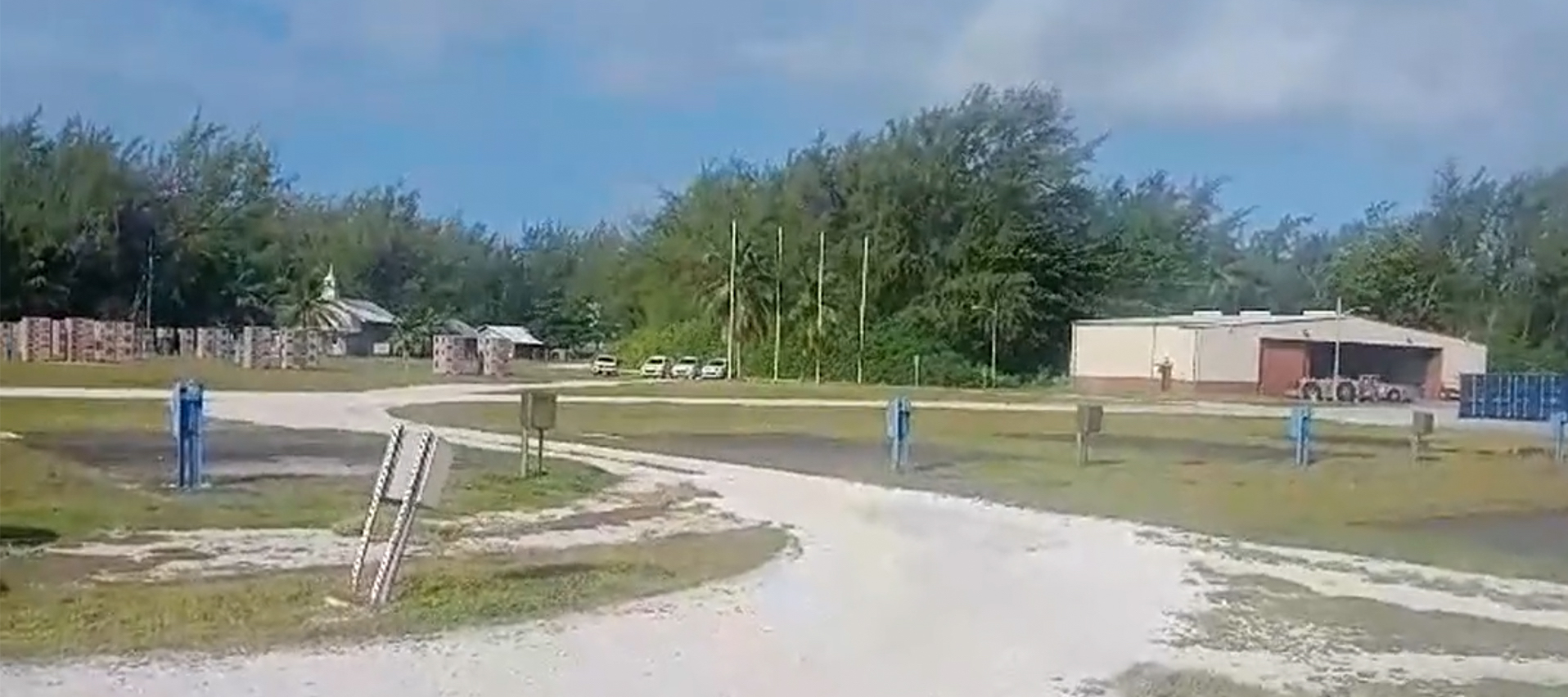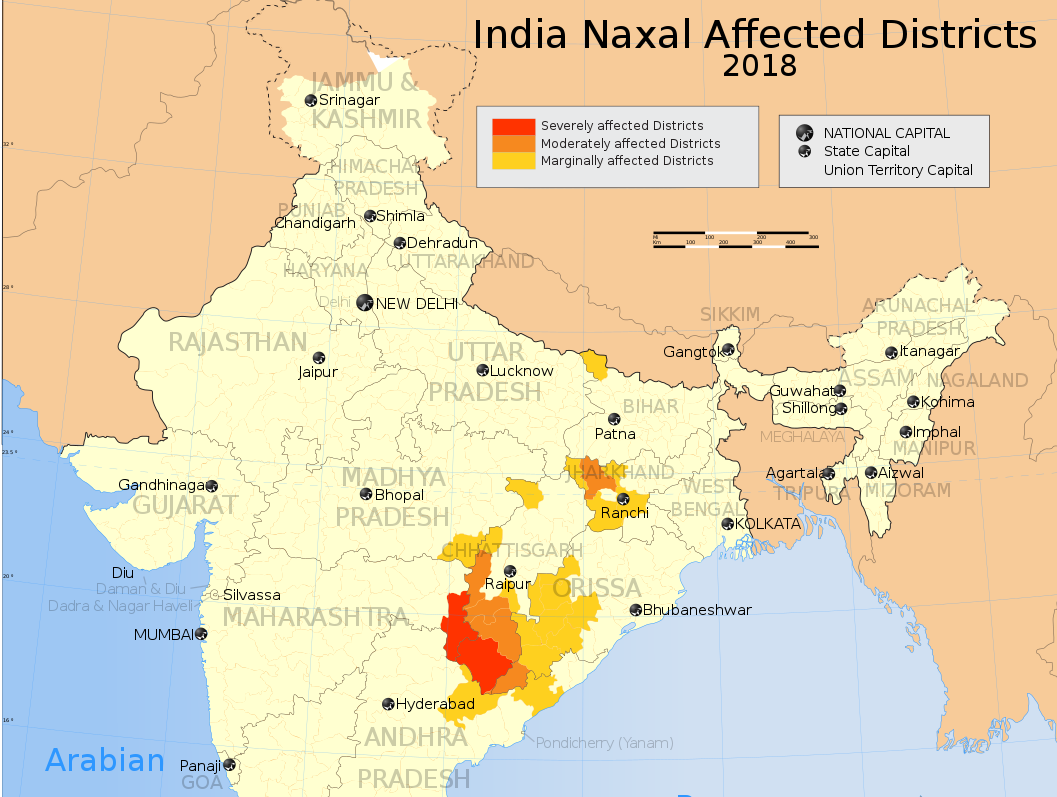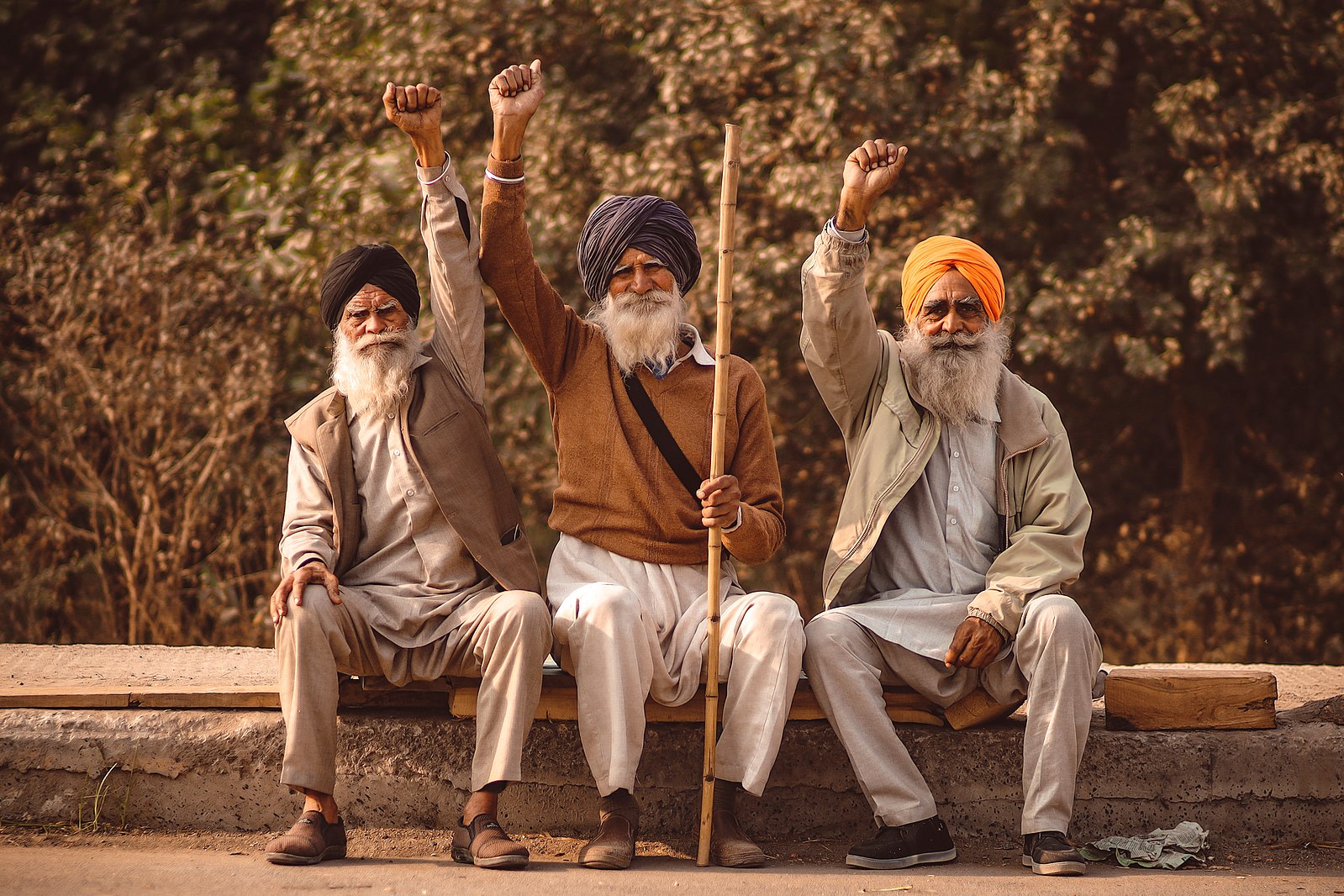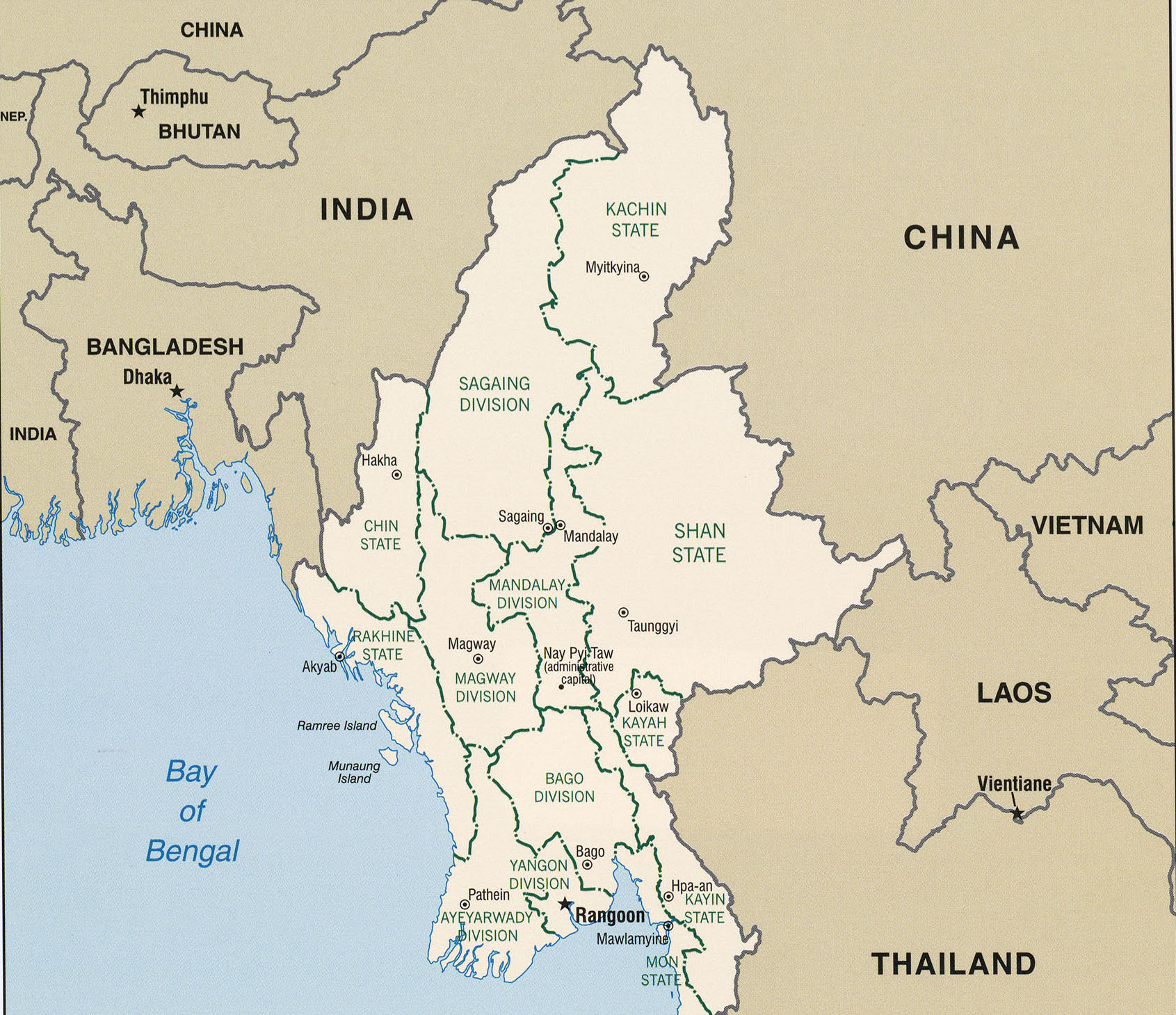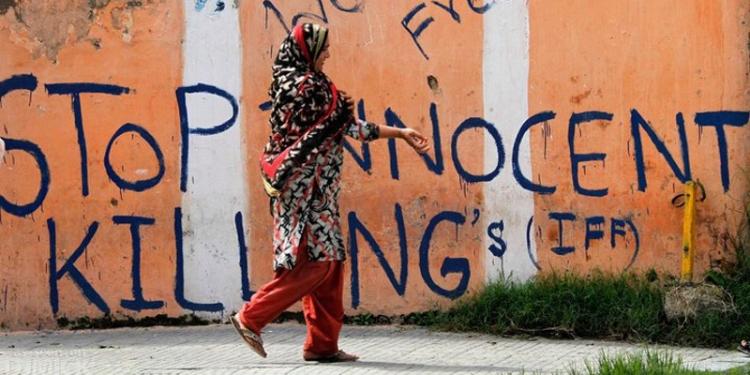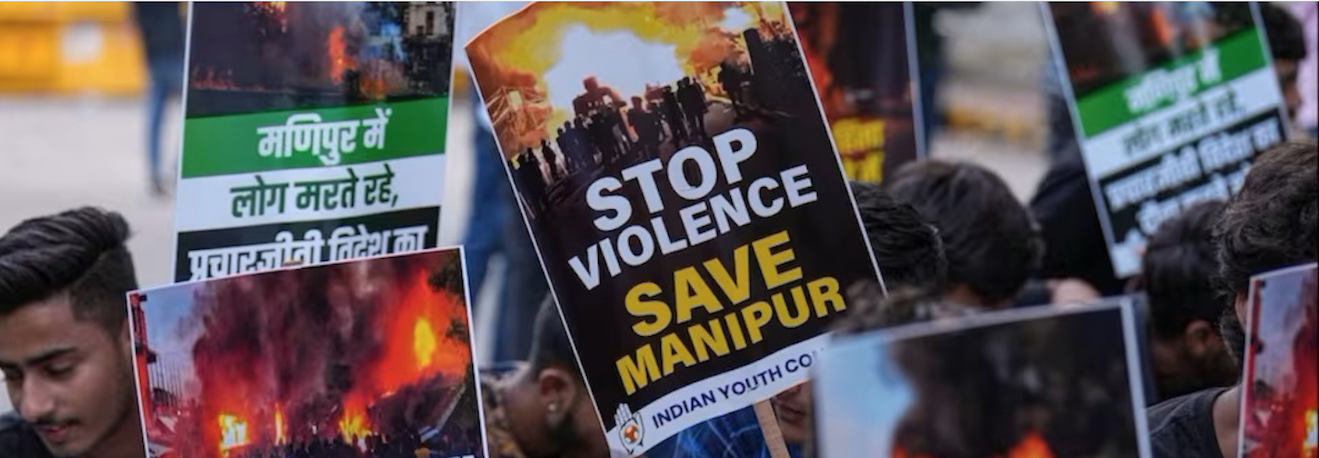
Amnesty: India must end Manipur violence
Amnesty International called on Indian authorities to take immediate steps to end ongoing ethnic violence and ensure human rights protections in the conflict-torn northeastern state of Manipur. The statement comes as N. Biren Singh resigned as chief minister of Manipur. Since May 2023, ethnic clashes between the Meitei and Kuki-Zo communities have left over 250 dead and more than 60,000 displaced. Villages, businesses, and places of worship have been destroyed, as vigilante groups operate with impunity. The resignation of Singh follows a Supreme Court-ordered forensic inquiry into leaked audio tapes that allegedly link him to instigating ethnic violence. Amnesty emphasized that Singh’s resignation provides an opportunity for authorities to break the cycle of violence and impunity that has plagued Manipur for nearly two years. (Photo: Asia Media Centre)



